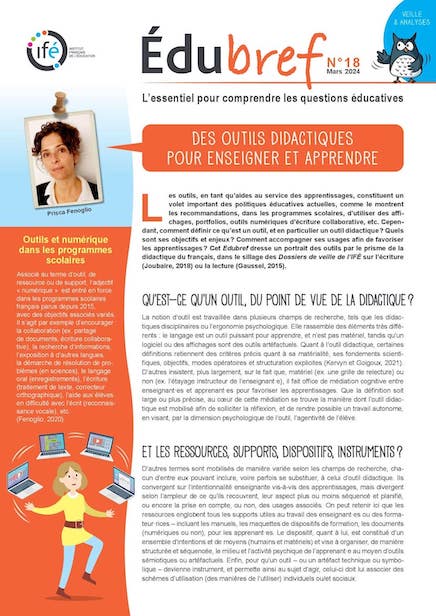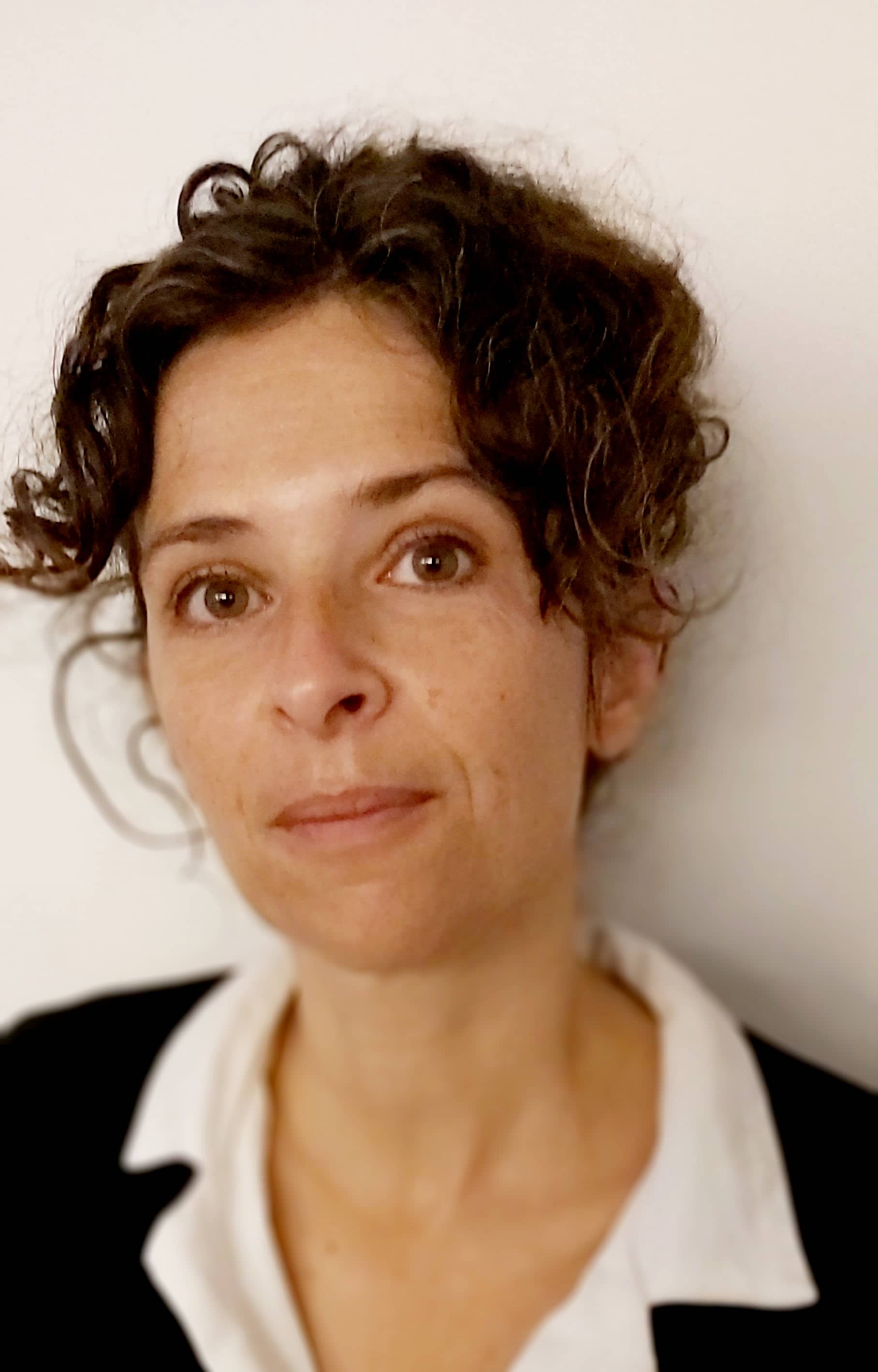Pays : Danemark
Langue(s) : anglais
Date : du 13-04-2011 au 15-04-2011
Lieu : Aarhus university
Organisation : European University Association (EUA)
Programme :
The European University Association’s Annual Conference 2011 at Aarhus University, Denmark marks the 10th Anniversary of the EUA.
The anniversary provides the opportunity to take stock and consider where to go next. The EUA Annual Conference 2011 will launch discussions of future priorities and the most important milestones for EUA in the next decade.
The theme of the conference is talent development – a topic of high relevance for the future competitiveness of Europe. We face the challenge of making the European area for higher education and research an attractive destination for the best researchers and students in the world without, however, compromising the provision of mass education. With the Bologna Process a united Europe has already demonstrated that the European model is extremely competitive and durable. Now it is time to identify ways of using this position to attract and develop the bright minds of tomorrow.
Parallel working groups on the role of the university in Investing Today in Talent for Tomorrow
- WG1: The university’s responsibility for building research capacity right from the undergraduate level
Universities are challenged to ensure successful development of research skills and competencies at the undergraduate level while catering for an increasingly diverse group of students. How can universities rise to these challenges? Key issues for consideration include :
* Successful implementation of a research-based teaching approach through student-centred learning
* Student services for information and support
* Redesigning academic programmes starting at the bachelor level that ensure progression into academic and research careers as well as employability beyond the university
* Institutional goals and strategies addressing challenges related to the development of successful bachelor programmes
* Involving undergraduates at an early stage in research activities and internationalisation activities
Speaker: Georg Winckler, Former EUA President and Rector, University of Vienna, Austria
- WG2: The university’s role in fostering career structures and opportunities for young researchers
Universities need to provide talented young researchers with an environment in which they will develop the research competencies and capacities needed to advance scientific knowledge and develop their full potential:
* Research training at all levels through student-centred learning
* Structured doctoral schools and programmes
* Interdisciplinary collaboration across faculties and departments
* Research collaboration with external partners – industry (small and large), public authorities (national and regional), NGOs and charities, professional bodies and civil society organisations
* Research entrepreneurship – research management and fund-raising, professional development of innovation activities, intellectual property rights and patenting
Speakers:
o Melita Kovačević, Vice-Rector for Research, University Zagreb, Croatia
o Dominic Houlihan, Vice-Principal, University of Aberdeen, United Kingdom
- WG3: The university as employer: institutional human resource management strategies to create the optimal environment for talent development
The governance reforms of the last few years have meant that universities have increasing responsibility for the employment conditions and career development of their academic and administrative staff. Beyond the variations in status and opportunities across Europe, staffing and career development issues are becoming an increasing priority for all institutions. The quality of education provided and research carried out depends to a large degree on the capabilities, skills and motivation of university staff. Thus, focusing on human capital development within universities is an essential prerequisite for promoting talent development, and requires consideration of:
* how to develop incentives for human capital development within regulatory and legislative constraints
* regulatory restrictions and incentives for human capital development within universities
* how to attract and retain highly qualified teaching staff
* how to develop mobility and circulation between the university and other sectors
* the provision of LLL opportunities to university staff
* how to develop units to support the research, teaching and service functions of staff
Speakers:
o Lauritz B. Holm-Nielsen, Rector, Aarhus University, Denmark, EUA Board Member
o Liviu Matei, Senior Vice-President, Central European University (CEU), Hungary
- WG4: How to effectively identify and train future leaders?
The increasingly complex environment within which universities are operating, shaped by the changing demands from society and serious resource constraints, poses significant challenges for present and future leaders. Universities play a key role in preparing future leaders within universities and beyond for the complex global environment in which they will need to operate, and will need to consider:
* What is expected from future leaders and how can we ensure that they develop the right skills set to manage the key challenges of the 21st century effectively?
* Identifying high potential through leadership development programmes
* How to address effectively the “glass ceiling” and create a gender balance in university leadership
* The University as a socially just employer and thus as a role model for equal opportunities at all levels
Speakers:
o Kerstin Norén, Rector, Karlstad University, Sweden
o Cemal Taluğ, Rector, Ankara University, Turkey
URL : http://www.eua.be/aarhus.aspx
Ressources mises à disposition à l'issue de la manifestation :
• diaporamas : http://www.eua.be/.../Presentations.aspx
Les diaporamas des interventions sont mis à disposition au format pdf.
mot(s) clé(s) : enseignement supérieur, gouvernance et pilotage, relation formation - emploi
EUA annual conference 2011 - Investing today in talent for tomorrow
Date : du 13-04-2011 au 15-04-2011
Lieu : Aarhus university
Organisation : European University Association (EUA)
Programme :
The European University Association’s Annual Conference 2011 at Aarhus University, Denmark marks the 10th Anniversary of the EUA.
The anniversary provides the opportunity to take stock and consider where to go next. The EUA Annual Conference 2011 will launch discussions of future priorities and the most important milestones for EUA in the next decade.
The theme of the conference is talent development – a topic of high relevance for the future competitiveness of Europe. We face the challenge of making the European area for higher education and research an attractive destination for the best researchers and students in the world without, however, compromising the provision of mass education. With the Bologna Process a united Europe has already demonstrated that the European model is extremely competitive and durable. Now it is time to identify ways of using this position to attract and develop the bright minds of tomorrow.
Parallel working groups on the role of the university in Investing Today in Talent for Tomorrow
- WG1: The university’s responsibility for building research capacity right from the undergraduate level
Universities are challenged to ensure successful development of research skills and competencies at the undergraduate level while catering for an increasingly diverse group of students. How can universities rise to these challenges? Key issues for consideration include :
* Successful implementation of a research-based teaching approach through student-centred learning
* Student services for information and support
* Redesigning academic programmes starting at the bachelor level that ensure progression into academic and research careers as well as employability beyond the university
* Institutional goals and strategies addressing challenges related to the development of successful bachelor programmes
* Involving undergraduates at an early stage in research activities and internationalisation activities
Speaker: Georg Winckler, Former EUA President and Rector, University of Vienna, Austria
- WG2: The university’s role in fostering career structures and opportunities for young researchers
Universities need to provide talented young researchers with an environment in which they will develop the research competencies and capacities needed to advance scientific knowledge and develop their full potential:
* Research training at all levels through student-centred learning
* Structured doctoral schools and programmes
* Interdisciplinary collaboration across faculties and departments
* Research collaboration with external partners – industry (small and large), public authorities (national and regional), NGOs and charities, professional bodies and civil society organisations
* Research entrepreneurship – research management and fund-raising, professional development of innovation activities, intellectual property rights and patenting
Speakers:
o Melita Kovačević, Vice-Rector for Research, University Zagreb, Croatia
o Dominic Houlihan, Vice-Principal, University of Aberdeen, United Kingdom
- WG3: The university as employer: institutional human resource management strategies to create the optimal environment for talent development
The governance reforms of the last few years have meant that universities have increasing responsibility for the employment conditions and career development of their academic and administrative staff. Beyond the variations in status and opportunities across Europe, staffing and career development issues are becoming an increasing priority for all institutions. The quality of education provided and research carried out depends to a large degree on the capabilities, skills and motivation of university staff. Thus, focusing on human capital development within universities is an essential prerequisite for promoting talent development, and requires consideration of:
* how to develop incentives for human capital development within regulatory and legislative constraints
* regulatory restrictions and incentives for human capital development within universities
* how to attract and retain highly qualified teaching staff
* how to develop mobility and circulation between the university and other sectors
* the provision of LLL opportunities to university staff
* how to develop units to support the research, teaching and service functions of staff
Speakers:
o Lauritz B. Holm-Nielsen, Rector, Aarhus University, Denmark, EUA Board Member
o Liviu Matei, Senior Vice-President, Central European University (CEU), Hungary
- WG4: How to effectively identify and train future leaders?
The increasingly complex environment within which universities are operating, shaped by the changing demands from society and serious resource constraints, poses significant challenges for present and future leaders. Universities play a key role in preparing future leaders within universities and beyond for the complex global environment in which they will need to operate, and will need to consider:
* What is expected from future leaders and how can we ensure that they develop the right skills set to manage the key challenges of the 21st century effectively?
* Identifying high potential through leadership development programmes
* How to address effectively the “glass ceiling” and create a gender balance in university leadership
* The University as a socially just employer and thus as a role model for equal opportunities at all levels
Speakers:
o Kerstin Norén, Rector, Karlstad University, Sweden
o Cemal Taluğ, Rector, Ankara University, Turkey
URL : http://www.eua.be/aarhus.aspx
Ressources mises à disposition à l'issue de la manifestation :
• diaporamas : http://www.eua.be/.../Presentations.aspx
Les diaporamas des interventions sont mis à disposition au format pdf.
mot(s) clé(s) : enseignement supérieur, gouvernance et pilotage, relation formation - emploi














